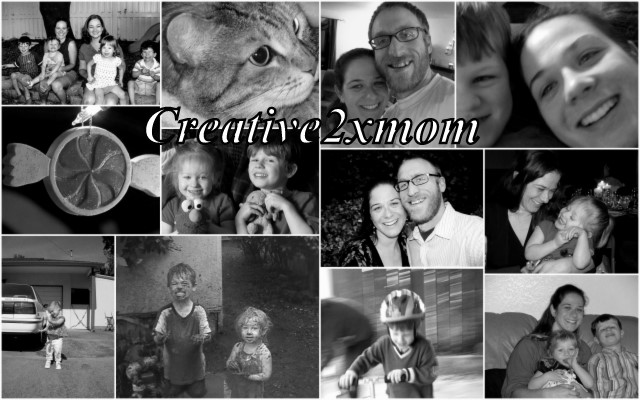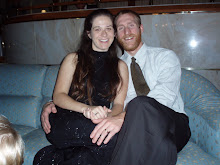Chapter 12: Embracing Biblical Methods: Appeal to the Conscience
Tripp moves in a direction that I didn't see coming: addressing your child's sense of right and wrong. His thought is that "when the offended conscious is aroused, correction and discipline find their mark" (pg 119). His main illustration is taken from an interaction between Jesus and the Pharisees, in which Jesus leads the Pharisees in a line of questioning whereby they implicate themselves in their own sin.
The thought that really hit me was this: "The focal point of your discipline and correction must be your child seeing their utter inability to do the things that God requires unless they know the help and stregth of God (pg 123)." As an adult, I need to remind of this daily. How often do we go through life, while not consciously thinking it, but actively living as though we can accomplish the things of God without depending on God.
Wow! This statement completely threw me for a loop. While all so simple and obvious, how easily it slips our minds. Are we truly living our lives in such a way that our children see our utter dependence on God? How can they know unless we model it?
Questions for discussion:
3. Are you focusing your correction and direction on behavior or on attitudes of the heart? Do your children think of themselves as sinners because of what they do or because of what they are?
6. Do you ever find yourself yelling at your kids in such a manner that would be impossible to stop and pray for Christ to help them?







No comments:
Post a Comment